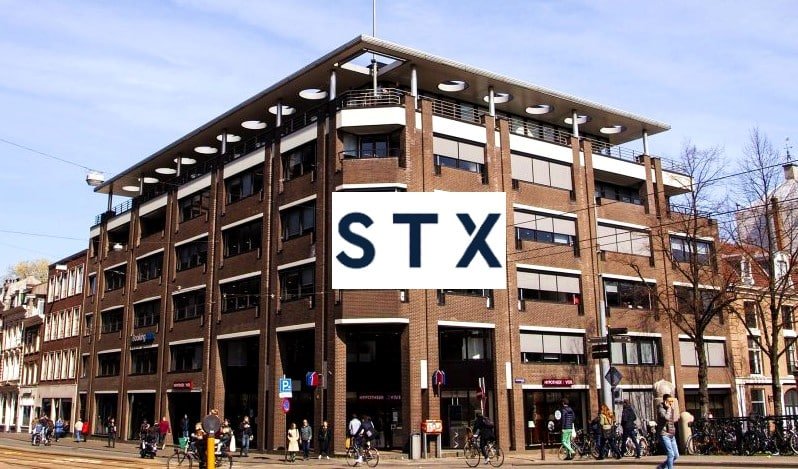Amsterdam-based STX Group raises 150 million Euros from environmental commodities, marking the first time the banking sector backs this innovative credit facility vital for the energy transition.
Who’s The STX Group?
The STX Group is a leading global environmental commodity trader and climate solutions provider. The group is based in Amsterdam, Netherlands, with ten offices globally. It has an annual trading volume of over €4 billion.
The global trading company offers a wide range of innovative solutions to help businesses and organizations in their transition. It has a track record in pricing carbon emissions, creating trust in providing market-based carbon reduction solutions.
After acquiring Vertis and Strive in December 2021, the trader now has a diverse team of about 500 employees from 50+ countries.
STX ensures that money flows to thousands of projects that help the world transition to a low-carbon economy with its trading and Corporate Climate Solutions offerings. It provides access to a wide range of products and solutions to reduce carbon emissions such as:
The firm also gives corporations certificates as proof of their efforts in making the planet greener. Customers can choose verified emission reductions (VERs) or voluntary carbon credits from thousands of projects worldwide, with these technologies:
- Afforestation
- Reforestation
- Cookstove
- Biomass Cogeneration
- Wind Power
- Hydro Power
- Energy Efficiency
- Solar Power
- Recycling
- Biogas
- Biodigesters
The company provides carbon offset solutions with labels from the VCS (Verified Carbon Standard), the CDM (Clean Development Mechanism), Gold Standard, the Climate, Community & Biodiversity (CCB), and the REDD+ Business Initiative.
STX €150 Million Credit Facility
STX credit facility is considered oversubscribed, featuring the unique quality of having a partial security from a diverse portfolio of environmental commodities.
Remarking on the announcement, STX’s Chief Financial & Risk Officer, Bart Wesselink said that:
“With the energy transition in the heart of STX, we have been in the business of decarbonization for a long time, and are therefore pleased to see a group of mainstream global banks finally recognizing the underlying value of the wider range of environmental commodities.”
The group expects that this facility will fuel the rapid expansion of its business operations, particularly its borrowing power. Half of the €150 million funding (€75m) is a committed portion while the other half has an uncommitted accordion feature.
The facility is supported by a syndicate of globally renowned banks, leaders in the field of commodities trade financing. The company, however, didn’t name them.
Historical Support from the Banking Sector
The fundraising by STX marks the first time that the banking system supports this kind of financing facility.
Wesselink added that the banks’ willingness to take part in their credit facility is a pivotal step for the industry. It provides more “access to financing and promotes a level playing field” for those who wish to contribute to the energy transition.
Just last year, major banks were criticized for neglecting shareholders’ plea to put an end to fossil fuel financing. They prefer to continue supporting “dirty” projects that burn fossils than advance their climate goals.
But there are a few that made a braver move to stop direct funding of fossil fuels like Lloyds Bank. They set the trend towards sustainable banking.
By the end of 2022, climate commitment from four major banks reached a total of $5.5 trillion. They include HSBC, Barclays, JPMorgan Chase, and Citigroup.
According to STX CFO, the financiers used to accept biofuels and financial instruments such as the EU carbon credits (EU Emission Allowances, a.k.a. EUA) as collateral for borrowed funds.
But under STX new credit facility, it’s the first time that the banking sector accepts other environmental commodities like Guarantees of Origin and Renewable Gas Certificates as collateral. It seems that the banking community is also picking up the pace of the global phenomenon of energy transition.


